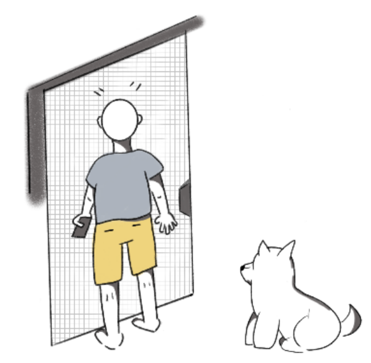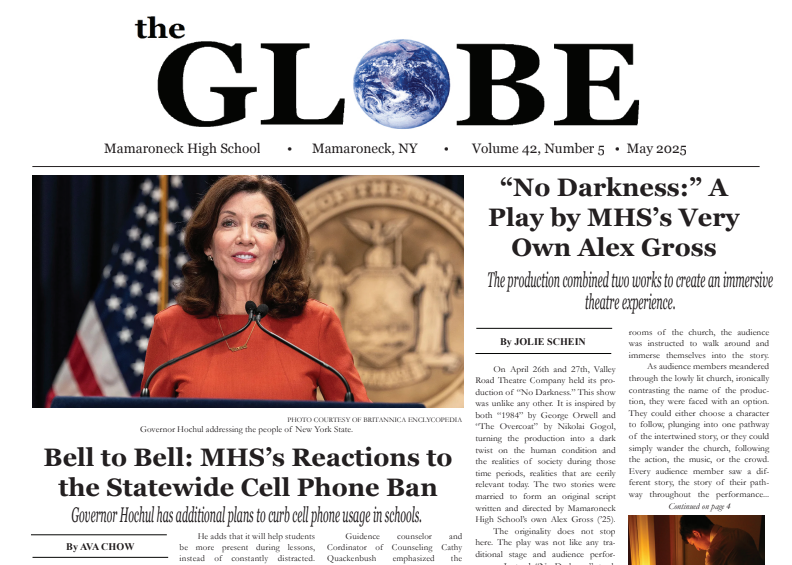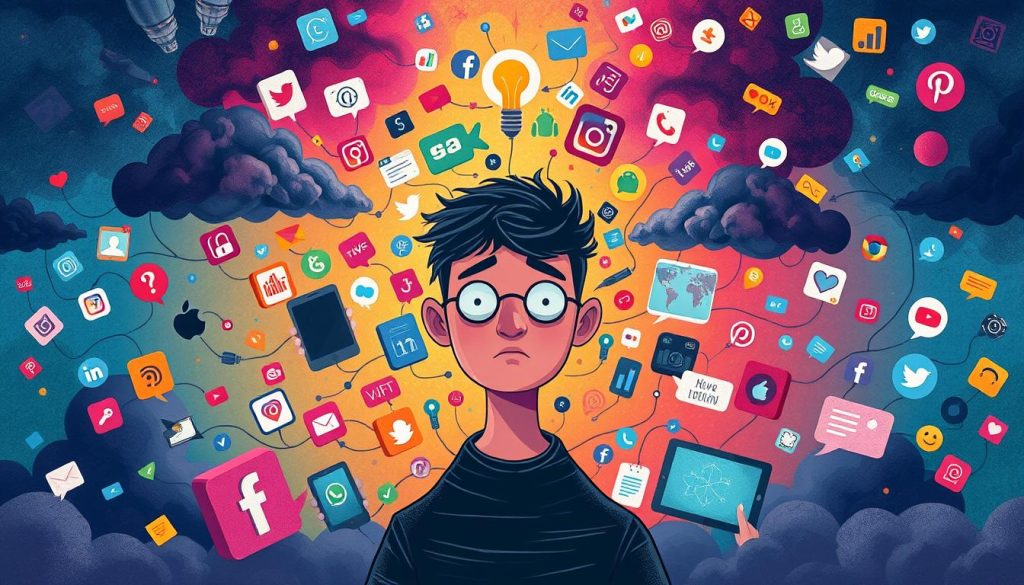Coronavirus Proves Technology Does Not Connect Us

“I guess this is what they meant by screen time.”
June 17, 2020
It was only going to be two weeks. Two weeks turned into four, four turned into six, six to eight, eight to indefinite. As the COVID-19 pandemic has raged across the world, especially in this corner of southern New York, most have been encouraged to socially distance themselves from others for months in an attempt to mitigate the spread of the virus.
The thought of being unable to see friends for a few weeks was manageable for many, but it eventually became clear that this new reality could last for months or more. This difficult realization caused many to console themselves by reminding themselves that they could still contact their friends through texting, calling, or social media. Keeping in touch this way was good enough for a little while, but to these students, undeniably, there was no comparison between sporadically texting their friends and getting to see them every day at school. Ultimately, the longer the coronavirus pandemic lasts, the more it will become necessary to understand that technology does not truly connect people.
“Connection is at a premium right now, but technology is alienating,” says Sonia Suben (’21). “We’ve been told our whole lives that we should spend less time on technology and more time making real connections and now that’s not a possibility.”
This is especially devastating for teenagers. They are supposedly at a prime time in their lives for making new friends and connections, as well as special memories with friends they have known since elementary school. The inability to make these connections and memories is often frustrating and only intensifies students’ feelings of isolation.
“Everyone is really lonely,” continues Suben. “Texting someone isn’t the same as talking to them in person…you can’t express the same emotion as you would normally. I call my friends a lot, but it’s still not the same as sitting with them. I like going places with my friends and I always have. I miss it a lot, and I think I want to do it more. I also want to talk to more different people.”
Freshman Anna Sewell feels similarly. “I’ll probably appreciate real life contact more after this because of how much I miss my friends right now,” says Sewell.
Suben and Sewell believe that members of Generation Z will become more likely to take advantage of social opportunities, such as invitations to parties they previously would have refused to attend, because they will be more appreciative of the ability to enjoy themselves with others and the ability to expand their social circles. They both also agree that the COVID-19 pandemic will likely change the roles social media and technology play in their lives.
“I think this will permanently alter the way we use technology,” says Suben, but acknowledges her uncertainty about the way that this alteration will take form.
Sewell has a clearer image of what the technological future might look like, seeing this crisis as an opportunity to lessen the toxicity of social media. “I think this could improve social media,” she says, “because all we see on social media right now are jokes about what it’s like right now, which we can all relate to. This shows us that we’re all in the same boat, which could connect us better in the future and make social media a more positive place.”
Hopefully she’s right.





